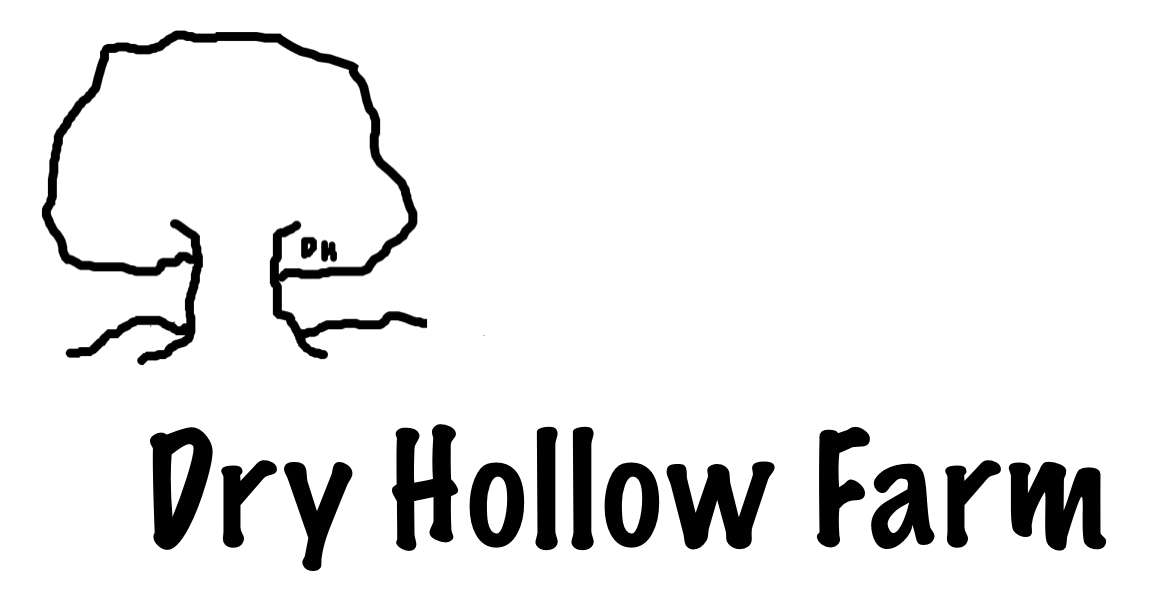Choosing Pasture Waterers
We are generally a low-tech, small-scale agricultural operation. Most days you will find us using a wheelbarrow, rake, pitchfork, and shovel. For bigger jobs, we may hook up a wagon or fertilizer spreader behind the lawn tractor we use for mowing. I suppose all of the manual labor keeps us healthy, as much as we might complain about it all. However, for the most part, the expense of larger equipment is unnecessary at this point in our operation.
With one exception …
Pasture waterers.
Because we practice rotational grazing, our animals move from one pasture to another with regularity. Some of these fenced areas are a fair distant from the house and any available source of water. Very early in our operation, we decided to add in-ground waterers to several of our pastures.
Why? Because hauling water is not an effective use of our time or resources.
These pasture waterers provide a constant source of fresh water for our animals as they refill after each use. Our sheep, goats, and livestock guarding dogs all benefit from this setup as the water naturally flows to the waterer, refilling once the level drops to a certain point.
Another advantage of our pasture waterers is that they only freeze solid if winter presents several days with highs in the low twenties (or lower), which generally occurs only a couple of times each winter here in western Tennessee. If the temperature drops below freezing throughout the night, we easily break the water the following morning and will do so again throughout the day every few hours if temperatures do not warm. Because the waterers are yellow, the sun in a clear sky will generally thaw the water even if temperatures do not return above freezing.
Of course, we are a mid-South state with what many would consider mild winter temperatures. Colder environments will approach animal watering differently throughout these months.
For our farm, pasture waterers are highly valued and well worth the expense. When designing your agricultural set-up, remember that your time is valuable. Expenditures for the sake of convenience are warranted on occasion, especially if they simplify a daily or weekly, repetitive task.
We are willing to move a load of gravel with a wheelbarrow because this might be a once-a-year occurrence, and the infrequency does not warrant us buying a front-end loader, even though the loader would certainly speed up the process and make our lives a little easier. Our animals drink everyday, and hauling water to pastures would be a repetitively time-consuming task.
As you develop your farm’s financial plan, remember to value your time in addition to more tangible resources. However, don’t succumb to the temptation to purchase more hardware or machinery than is absolutely necessary as it takes a long time to financially recoup those expenses!
Dr. Kathryn Bush owns and operates Dry Hollow Farm, a working goat and sheep farm in Huntingdon, Tennessee. Together with her husband, Russell, she creates skincare products from their fresh goat milk, grows organic herbs, welcomes visitors to their two cabins on the farm (available for stays through Airbnb), keeps the farm’s on-site soap shop stocked with their handcrafted products, and enjoys working the farm in company with their Great Pyrenees dogs (who work hard guarding the animals). Check out their natural products featuring farm-grown ingredients here, and sign up for the Dry Hollow Farm newsletter to stay in touch and be the first to hear about farm news, events, and new products.


